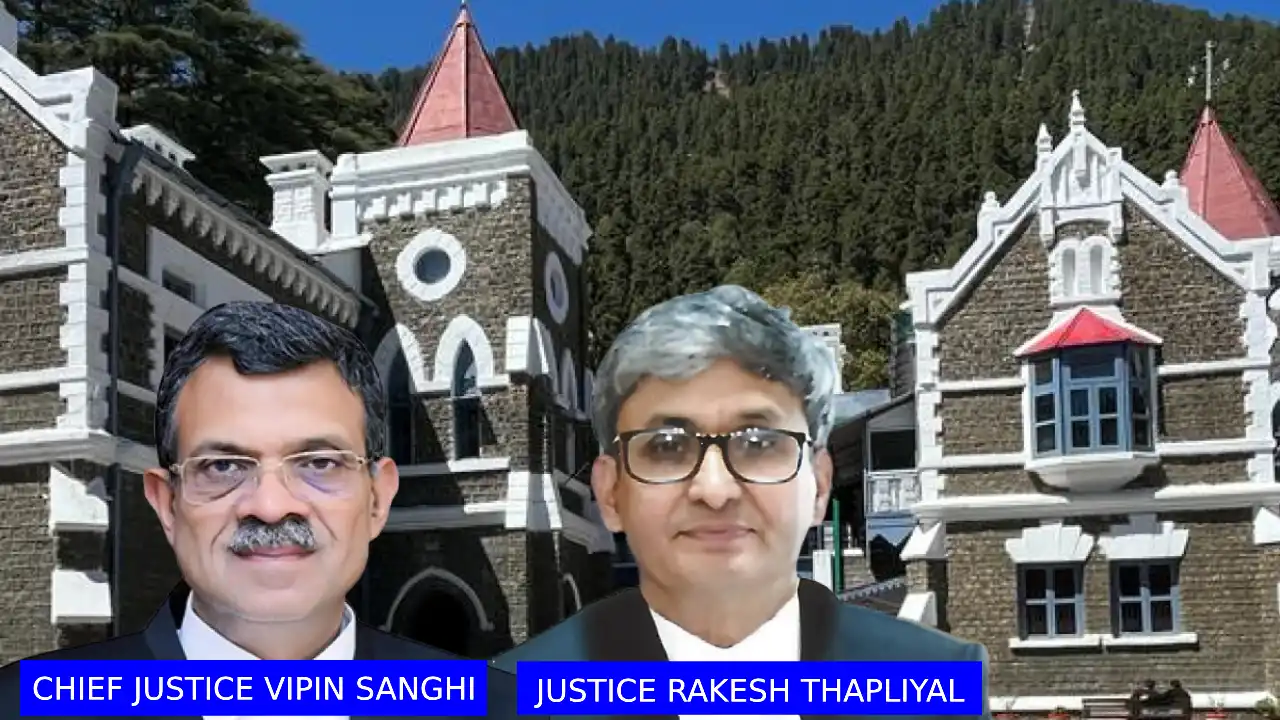Uttarakhand High Court quashes illicit parking contract, orders CBI investigation. Deviations from tender conditions lead to legal action.
Illegal Parking Contract Annulled
In a significant ruling, the Uttarakhand High Court, presided over by Chief Justice Vipin Sanghi and Justice Rakesh Thapliyal, has invalidated a parking contract awarded by the Irrigation Department. The court found the contract to be illegal and biased in favor of respondent no. 5, leading to substantial losses in public funds.
Petitioner’s Allegations
The petitioner contested the awarding of a parking contract on government land in Haridwar to respondent no. 5 for a period of 629 days. The petitioner cited deviations from the tender’s conditions, including the extension of the contract without proper justification and concerns about the contractor’s qualifications. Additionally, the petitioner raised objections regarding officials allowing the purchase of stamp paper after gaining possession of the parking area. Audit objections were filed, alleging a revenue loss of Rs. 17.05 lakh.
Court’s Observations
The court observed a clear breach of tender conditions, notably the absence of stamp duty furnished by respondent no. 5 and the premature handover of the parking area. The court condemned the officials’ actions, stating that granting an extension, increasing parking fees, and reducing parking duration without proper documentation indicated collusion between officials and respondent no. 5.
CBI Investigation Ordered
Given the suspicious circumstances and the apparent involvement of influential entities, the court directed a thorough investigation by the Central Bureau of Investigation (CBI). The court expressed skepticism about a fair investigation by state authorities and emphasized the need for an independent inquiry. Consequently, the case falls within the constitutional principles outlined by the Supreme Court, justifying a CBI investigation.
Legal Consequences
The court allowed the petitioner’s plea, imposing costs of Rs. 50,000/- on the State, payable to the petitioner. This ruling serves as a potent reminder of the judiciary’s commitment to upholding fairness and legality in contractual dealings, ensuring accountability and transparency in public affairs.
